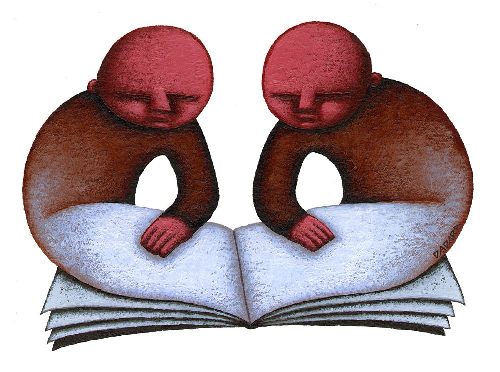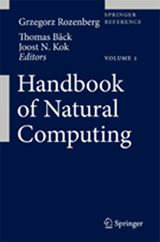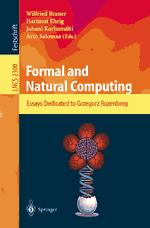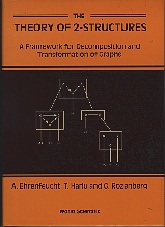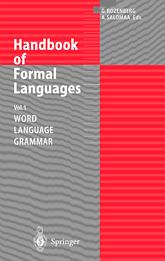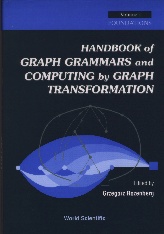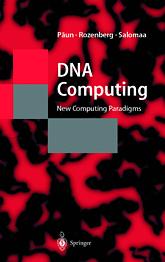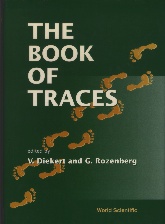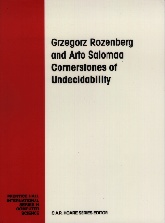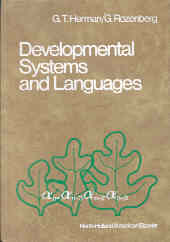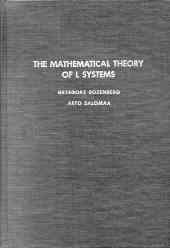Grzegorz Rozenberg

click for more pictures
Symposium Magic in Science, June 17, 2017, immediately after CiE, Turku, Finland
Available subjects
- Contact information
- Curriculum vitae
- Books, Book Chapter, Journal Issues and Scientific Prizes Dedicated to (Named After) G. Rozenberg
- Publications
- Recent Lectures
Contact information
tel: (++31) 71 - 5277061 (secretary)fax: (++31) 71 - 5276985
email: g.rozenberg@liacs.leidenuniv.nl
web: http://www.liacs.nl/~rozenber
Director of the Leiden Center for Natural Computing.
Curriculum Vitae
G. Rozenberg received his Master and Engineer degree in computer science in 1965 from the Technical University of Warsaw, Poland. In 1968 he obtained his Ph.D. in mathematics from the Polish Academy of Sciences, Warsaw. Since then he has held full time positions at the Polish Academy of Sciences, Warsaw, Poland (assistant professor), Utrecht University, The Netherlands (assistant professor), State University of New York at Buffalo, U.S.A. (associate professor), and University of Antwerp, Belgium (professor). Since 1979 he has been a professor at the Department of Computer Science of Leiden University and an adjoint professor at the Department of Computer Science of University of Colorado at Boulder, U.S.A. He is the head of the Theoretical Computer Science group at Leiden Institute of Advanced Computer Science (LIACS) and the scientific director of Leiden Center for Natural Computing (LCNC).G. Rozenberg has published over 500 papers, 6 books, and is a (co-)editor of more than 100 books.
His editorial functions include:
- Founding editor-in-chief of the International Journal on Natural Computing (Springer-Verlag)
- Founding editor-in-chief of Theoretical Computer Science C: Theory of Natural Computing (Elsevier)
- Editor-in-chief of the Monographs in Theoretical Computer Science (Springer-Verlag)
- Editor-in-chief of the Texts in Theoretical Computer Science (Springer-Verlag)
- Editor-in-chief of the Natural Computing Book Series (Springer-Verlag)
- Honorary Editor of Fundamenta Informaticae (IOS Press)
- Editor of Theoretical Computer Science A: Algorithms, Complexity and Games
- Editor of Theoretical Computer Science B: Logic, Semantics, and Theory of Programming
- Editor of the Theory and Applications of Computability Book Series (Springer-Verlag)
- Editor of Mathematics Applied in Science and Technology (MAST)
- Editor of IEICE Transactions on Information and Systems
- Editor of the Journal of Universal Computer Science
- Editor of Electronic Notes in Theoretical Computer Science
- Editor of the Romanian Journal of Information Science and Technology
- Editor of Scientiae Mathematicae Japonicae (SCMJ)
- Editor of the International Journal of Intelligent Computing and Cybernetics (IJICC)
- Member Advisory Board for the International Journal of Foundations of Computer Science
- Member Advisory Board for the Journal of Automata, Languages and Combinatorics
- Associate Editor of the Journal of Fixed Point Theory and Applications
- Associate Editor of International Journal of Nanotechnology and Molecular Computation (IJNMC)
- Associate Editor of Transactions on Petri Nets and Other Models of Concurrency (ToPNoc)
- He was the editor of the Bulletin
of the EATCS in the period 1980-2003
- He is a co-editor of the "Handbook of Formal Languages", 3 volumes (Springer-Verlag)
- He is the managing editor of the "Handbook of Graph Grammars and Computing by Graph Transformation", 3 volumes (World Scientific)
- He is a co-editor of "Current Trends in Theoretical Computer Science", 3 volumes (World Scientific)
- He is a co-editor of the "Handbook of Membrane Computing" (Oxford University Press)
- He is the main editor of "Handbook of Natural Computation", 4 volumes (Springer-Verlag)
His functions in the academic community included:
- He was the Chairman of the Steering Committee for International Conferences on Developments in Language Theory (DLT)
- He was the Vice Chairman of the Steering Committee for the International Conferences on Graph Transformation (ICGT)
- He was Co-Chairman of the Steering Committee for the International Conferences on Unconventional Computation (UC)
- He was the Director of the European Molecular Computing Consortium (EMCC)
- He was the President of the European Association for Theoretical Computer Science (EATCS) in the period 1985-1994, and he was the chairman of the Award Committee for the Gödel Prize 1997.
- He was the chairman of the Steering Committee for the International Conferences on Theory and Applications of Petri Nets (ICATPN) in the period 1981-2004.
- He was the chairman of the Steering Committee for DNA Computing Conferences (DNA) in the period 2000-2005.
- He was the chairman of the Steering Committee for the European Educational Forum (EEF) in the period 1996-2006.
- He was the President of the International Society for Nanoscale Science, Computation and Engineering (ISNSCE) in 2006.
- He was the scientific director of the Molecular Computing project funded by the European Commission.
He has been a member of the program committees and invited speaker for practically all major conferences on theoretical computer science in Europe.
His current research interests are:
- natural computing, including molecular computing, computation in living cells, self-assembly, and theory of biochemical reactions
- theory of concurrent systems, in particular theory of Petri nets, theory of transition systems, and theory of traces
- theory of graph transformations
- formal language and automata theory
- mathematical structures useful in computer science
He is a Foreign Member of the Finnish Academy of Sciences and Letters, a member of Academia Europaea, and he is holder of Honorary Doctorates of the University of Turku, Finland, the Technical University of Berlin, Germany, the University of Bologna, Italy, the Swedish University Abo Akademi in Turku, Finland, the Warsaw University of Technology, Poland, and the University of Bucharest, Romania. He has received (among others) the Distinguished Achievements Award of the European Association for Theoretical Computer Science "in recognition of his outstanding scientific contributions to theoretical computer science", and the first Award of the Developments in Formal Languages (DLT) conference for distinguished contributions to formal languages and automata theory. He is a Higly Cited Researcher by ISI.
He is a member of the European Association for Theoretical Computer Science (EATCS), the American Association for Advancement of Science (AAAS), the International Brotherhood of Magicians, order of Merlin (IBM), the Society of American Magicians (SAM), and the Dutch Union of Magicians (NMU).
G. Rozenberg is a performing magician, and a devoted student of (and perhaps an expert in) the paintings of Jheronimus Bosch. He also is an admirer of the contemporary visual art by DADARA.
Interesting Links
- DADARA
- L. Kari
- A. Salomaa
- N. Seeman
- E. Winfree
- The-Science-Lab
- International Society for Nanoscale Science, Computation and Engineering (ISNSCE)
- Silver Jubilee
- Computer Science, Informatics, and Natural Computing (pdf)
- The Nature of Computation and Computation in Nature (pdf)
- Sulla Natura della Computazione e della Computazione in Natura (pdf)
